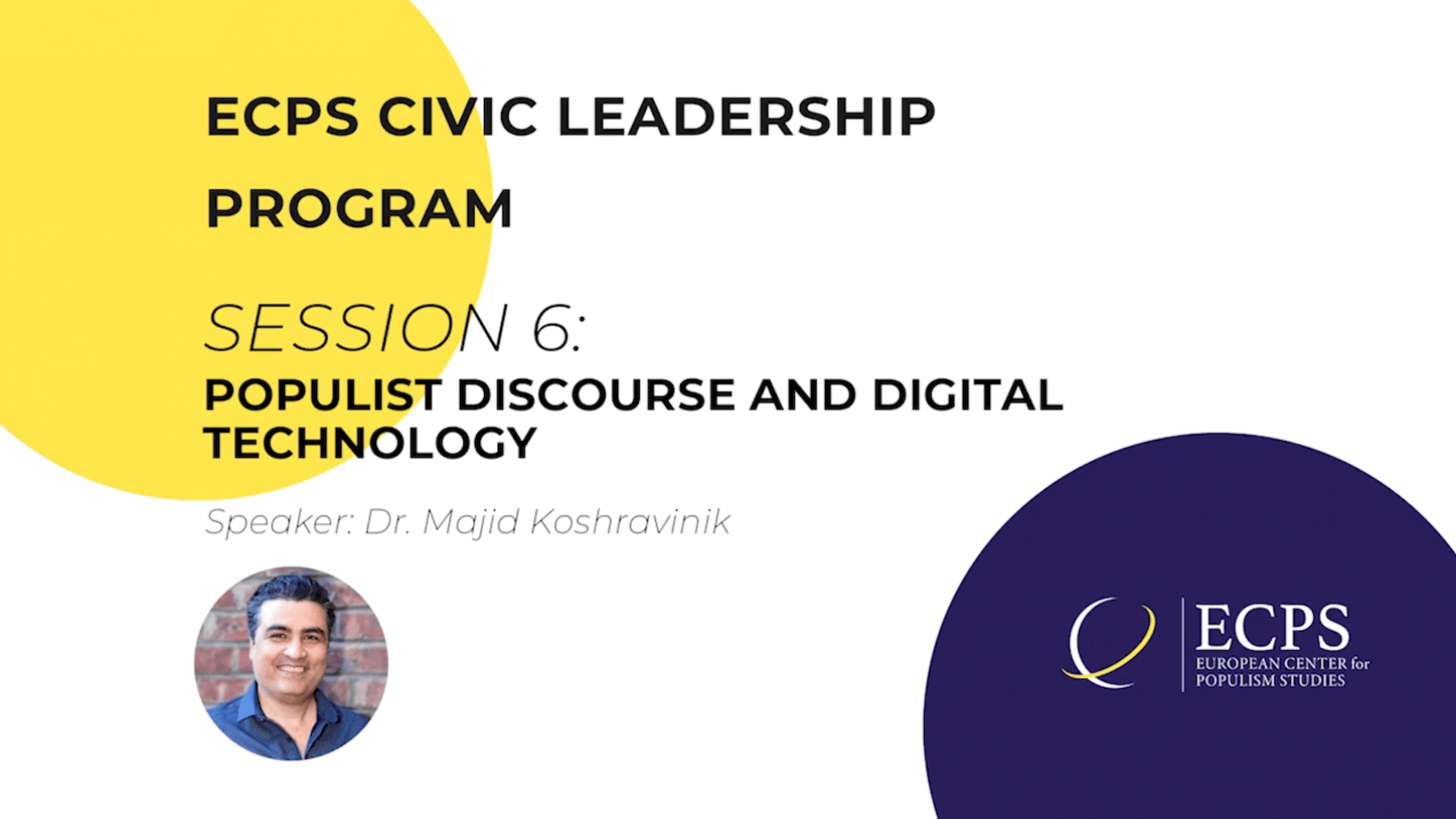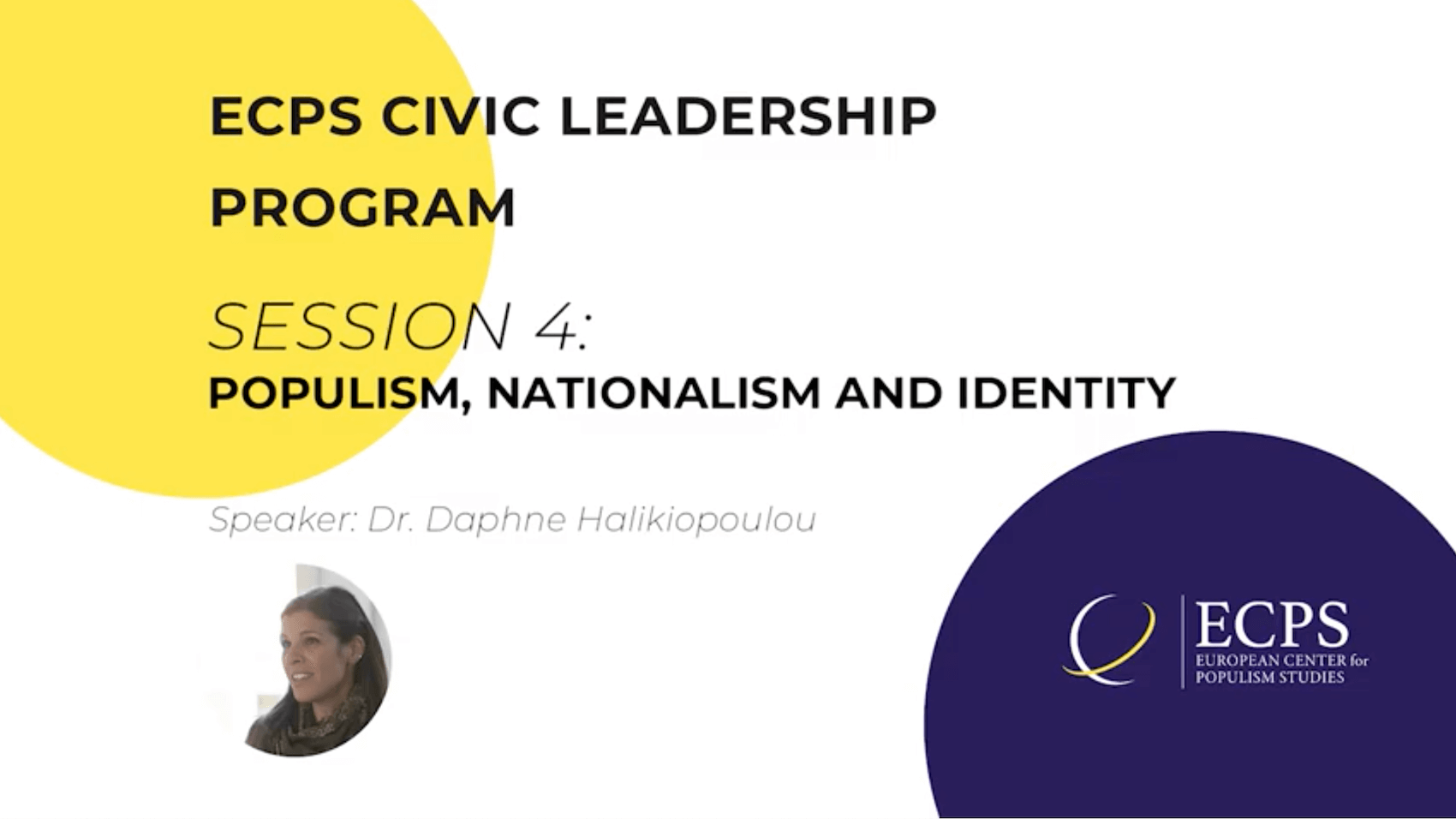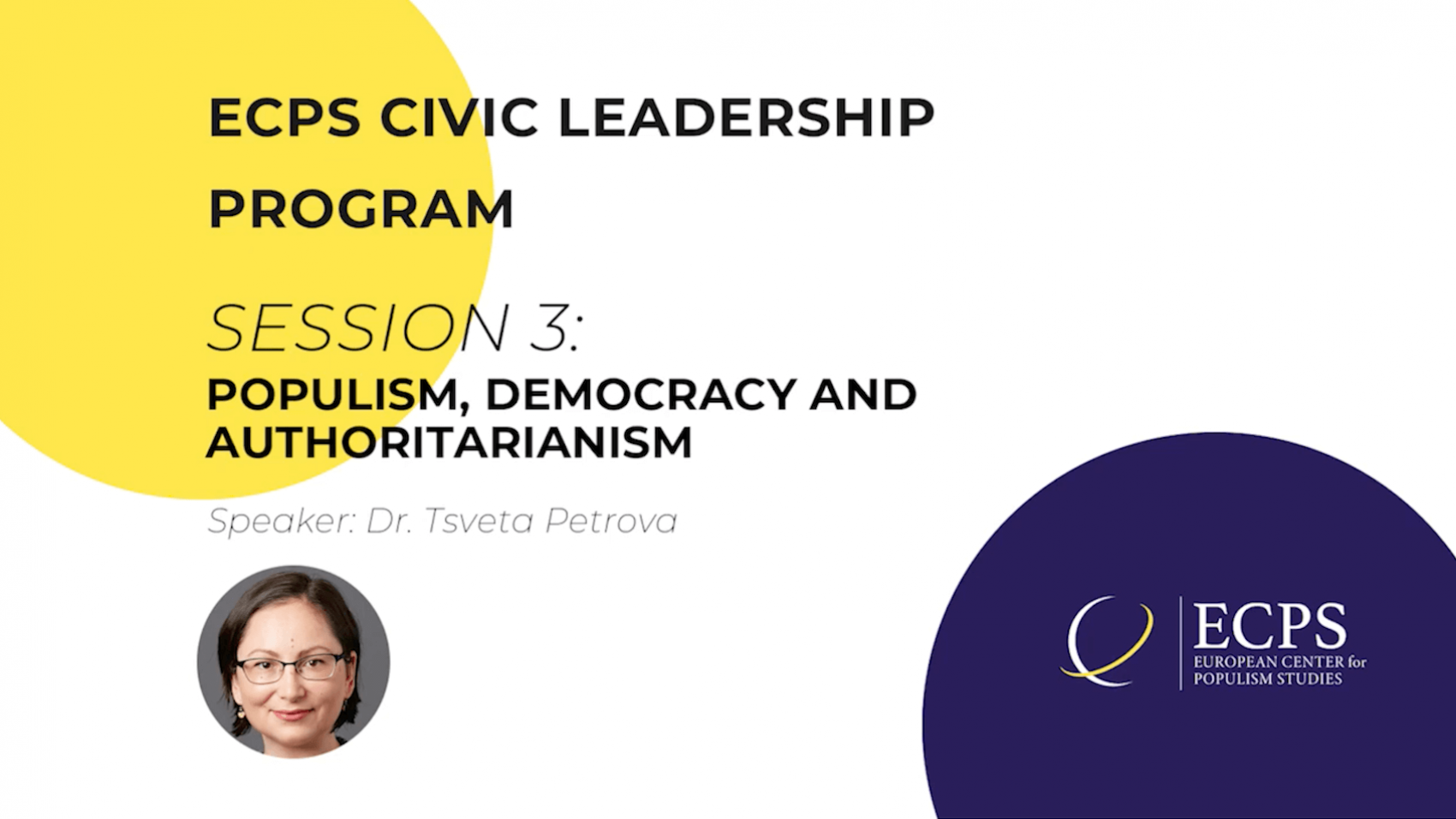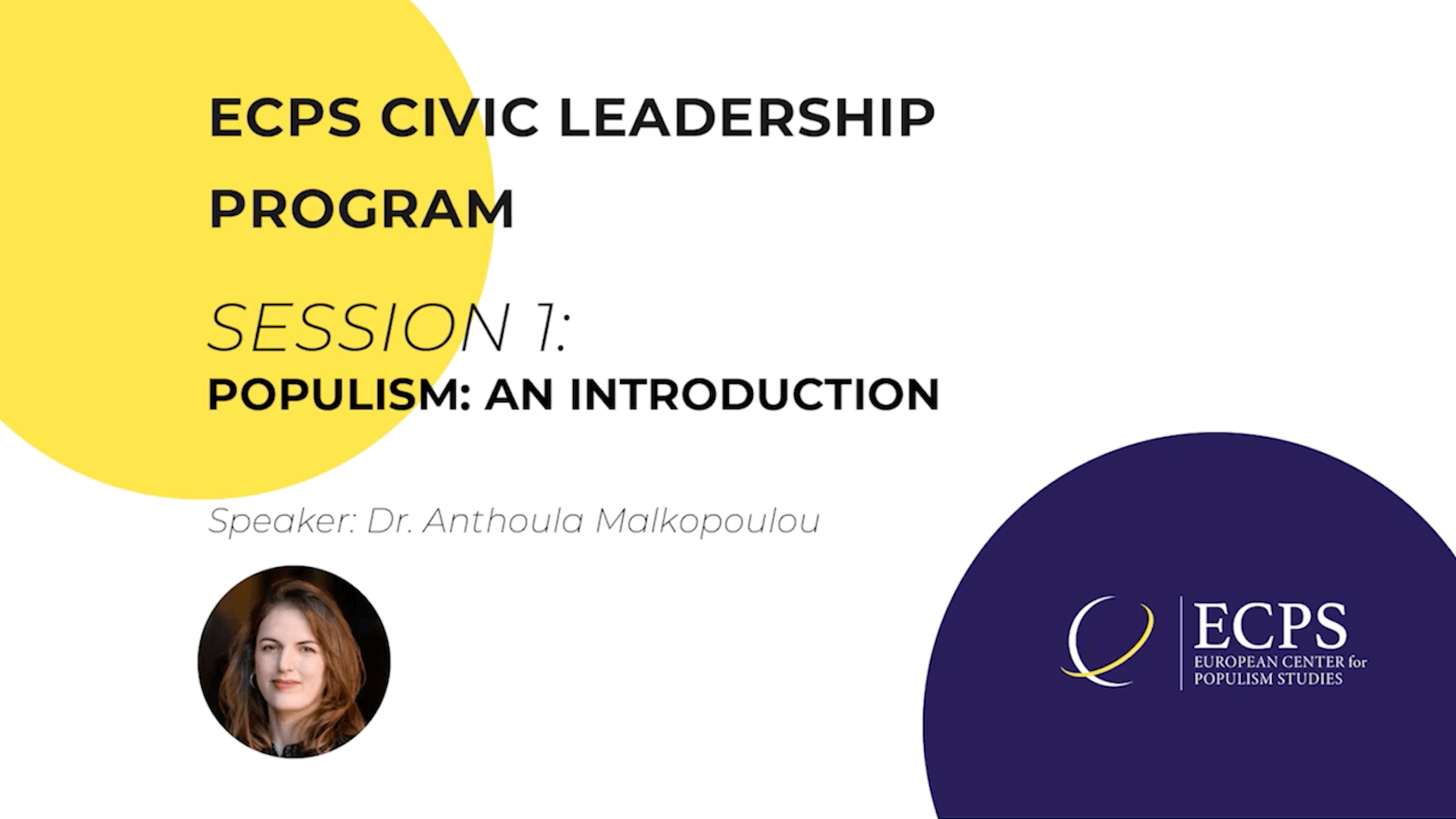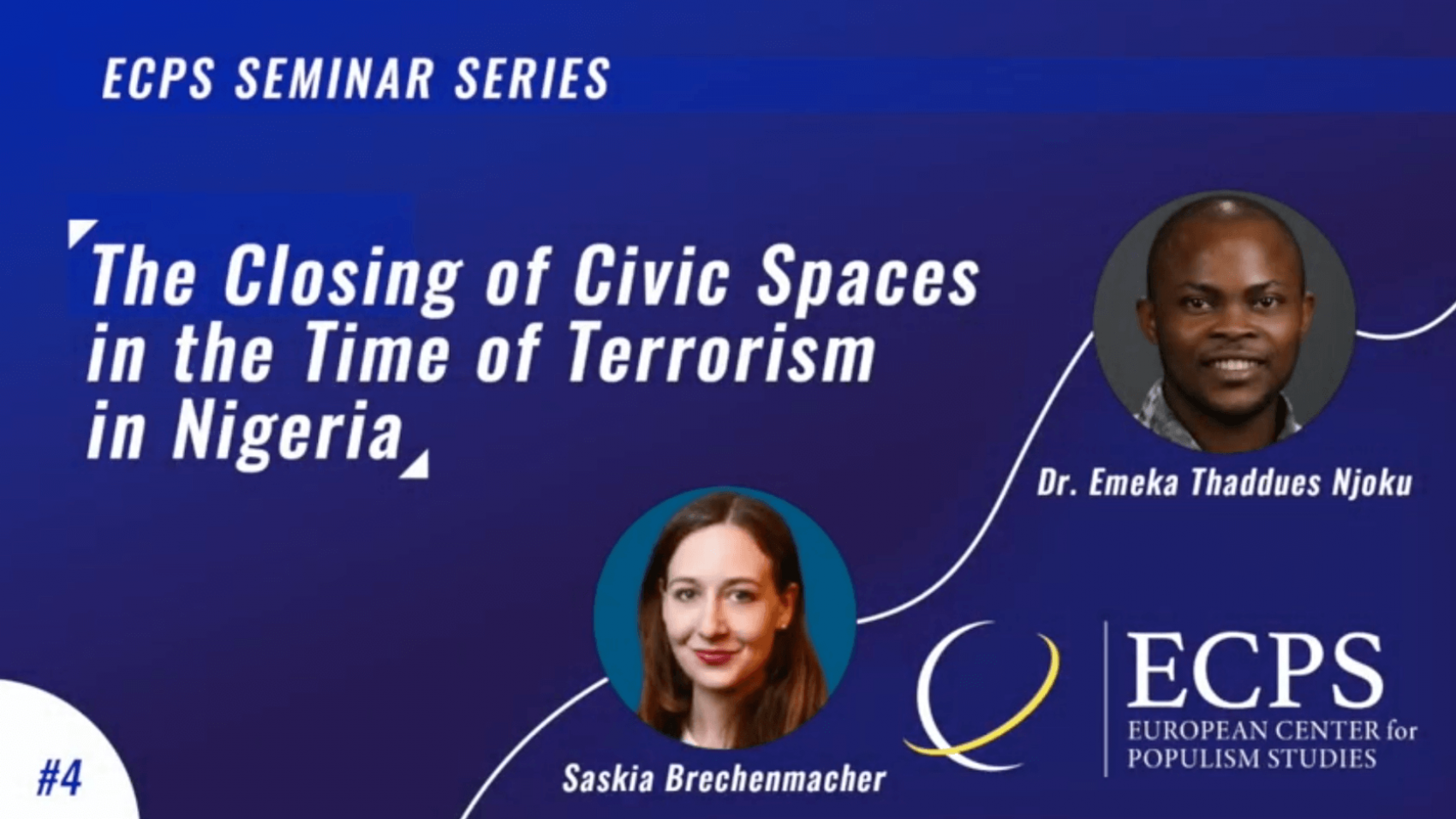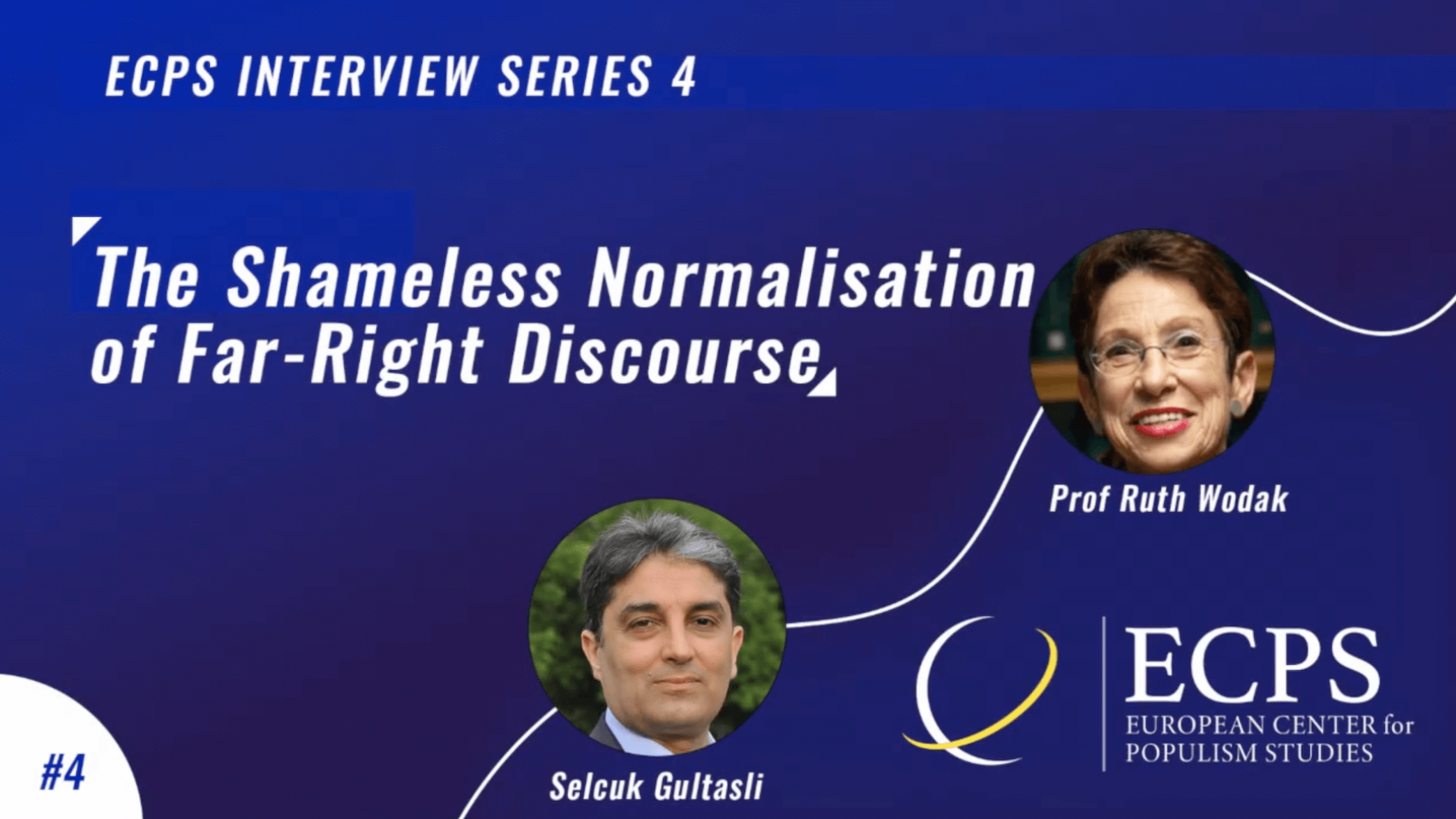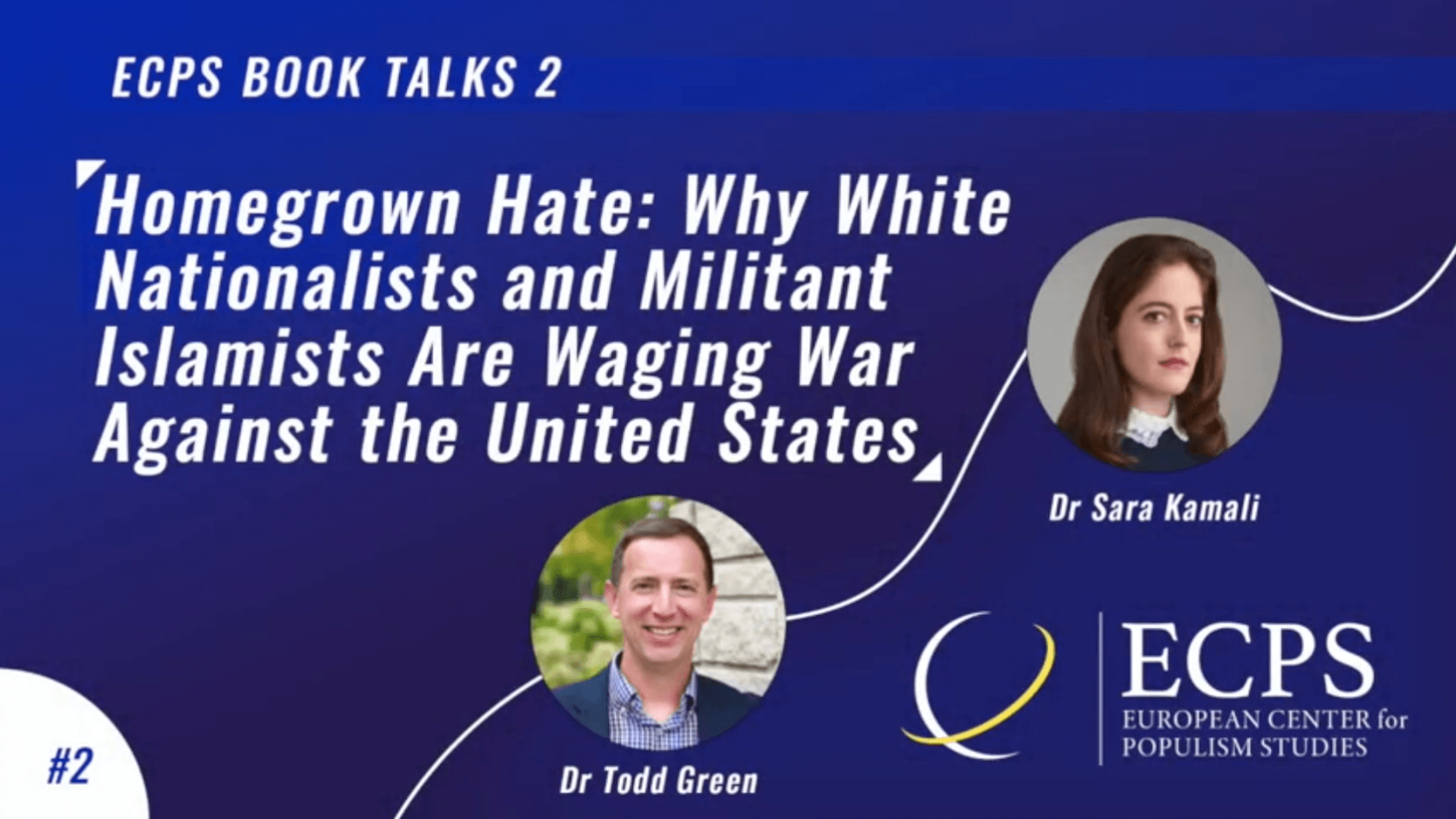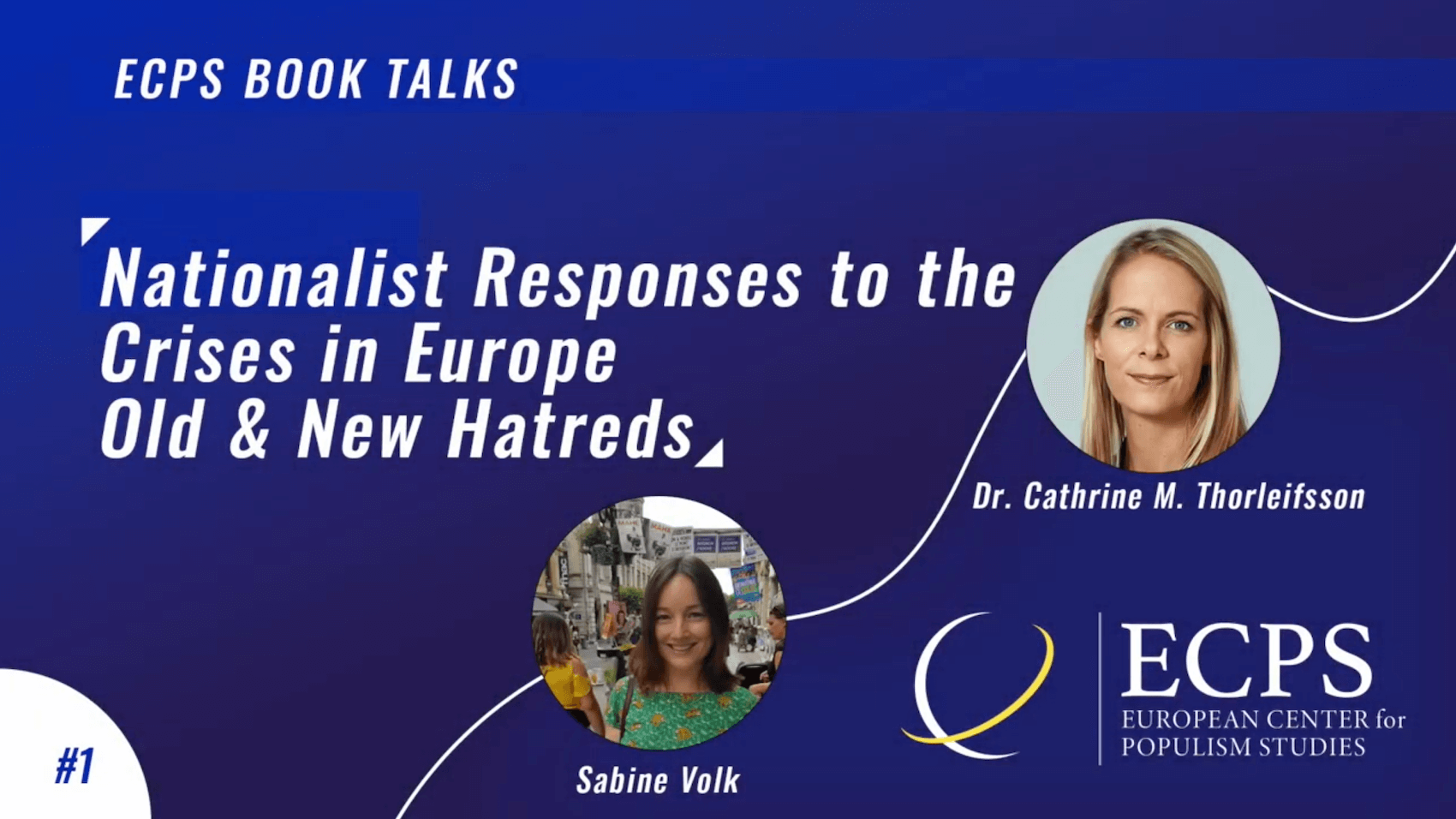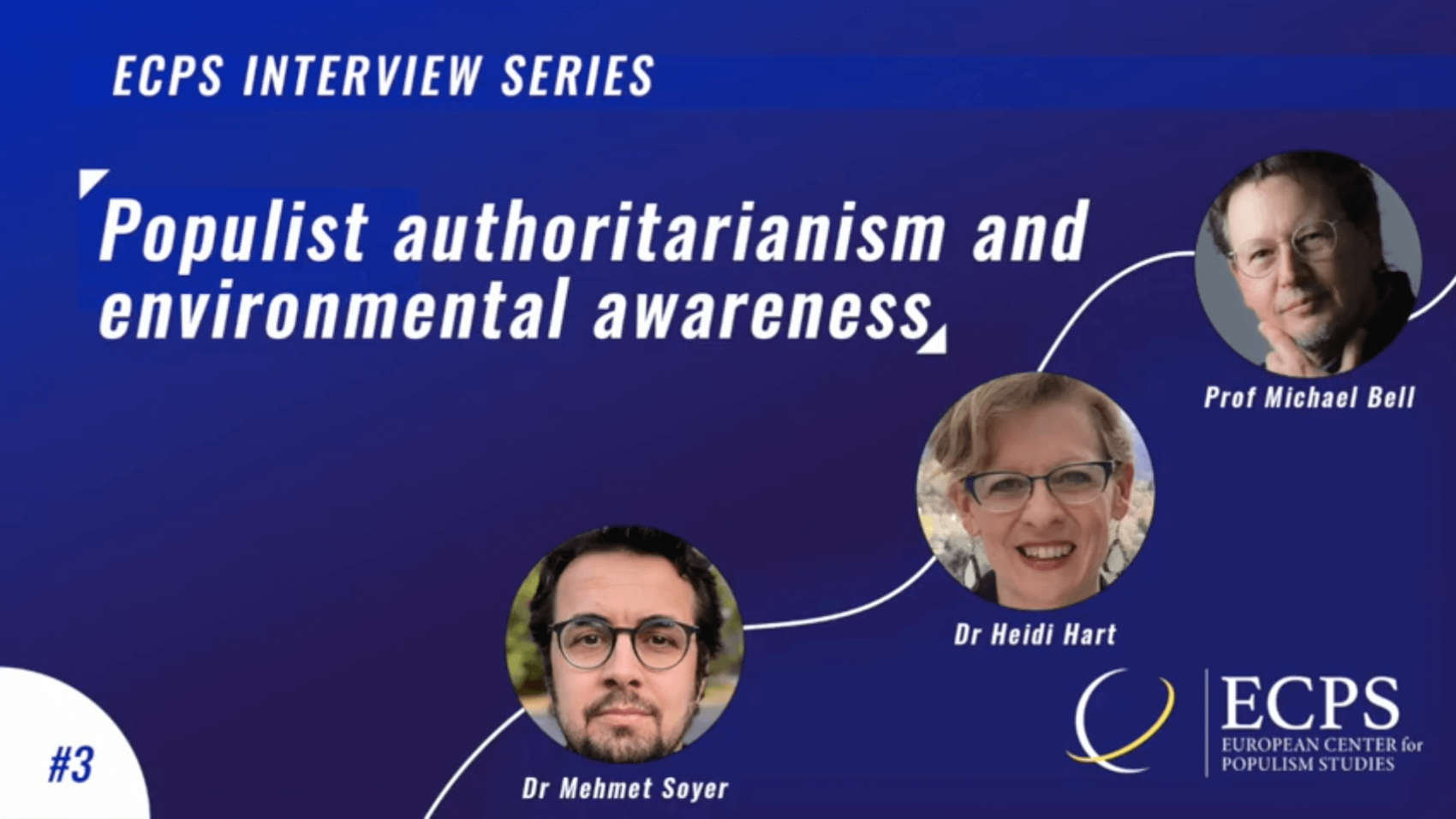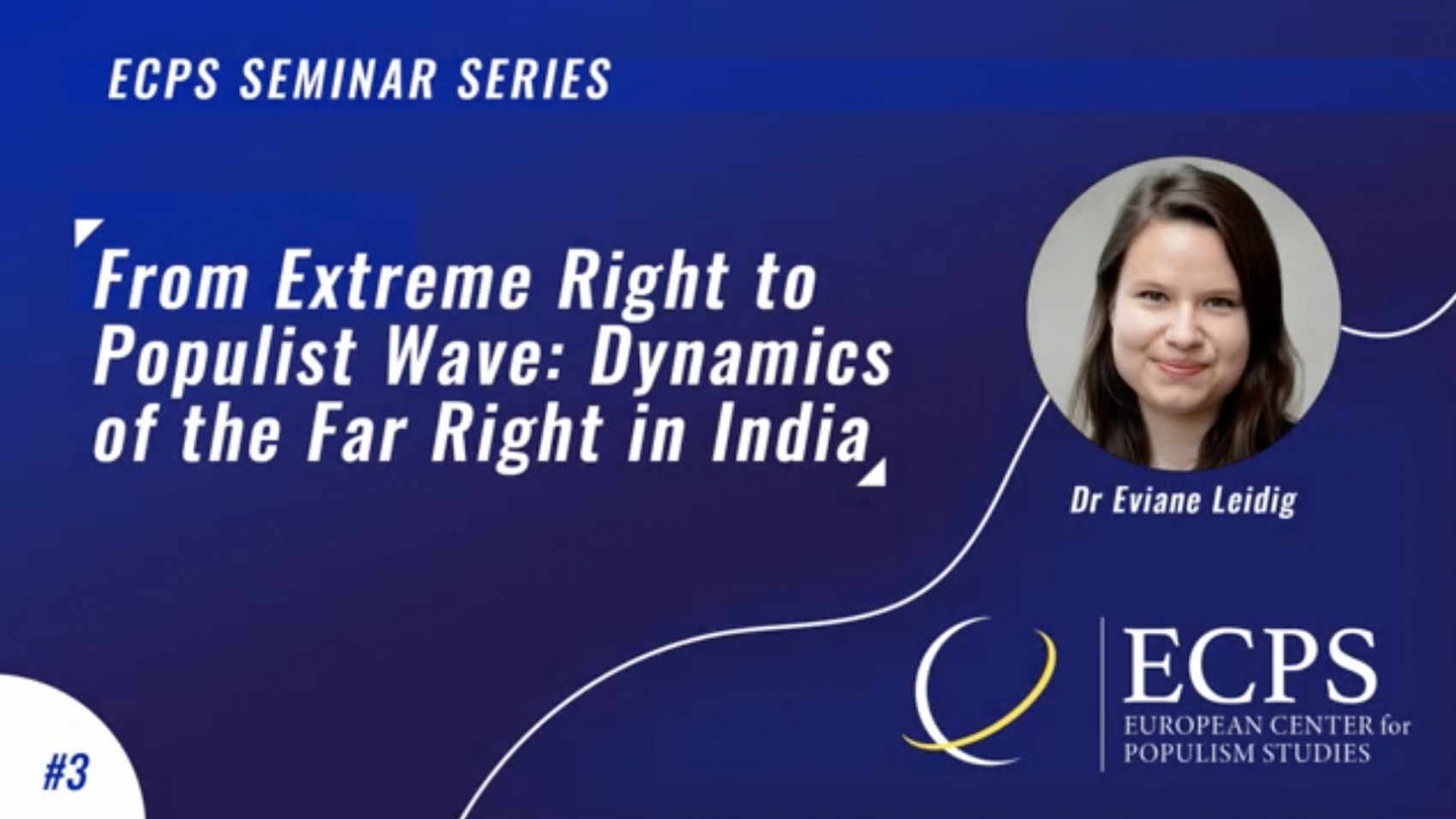The session starts out by providing a brief overview of notions in critical discourse studies. It elaborates on how discursive power has commonly been envisaged in/behind media and how digital technologies of participatory web may have changed such power dynamic between media and society. The lecture then explains the view in which social media is primarily defined as a paradigm of communication which may occur across endless and various digitally facilitated platforms, spaces, including but not limited to Social Networking Sites. After setting up the parameters for a social media approach to critical discourse studies, the lecture explores how technological context of digital discourse is related to populism. It elaborates on the business model of (production, distribution, and consumption of) online meaning-making content and how the algorithmically regimented values of popularity, attention economy and political expressions can collaborate in re-emergence of populist discourses.
HomeVideos

